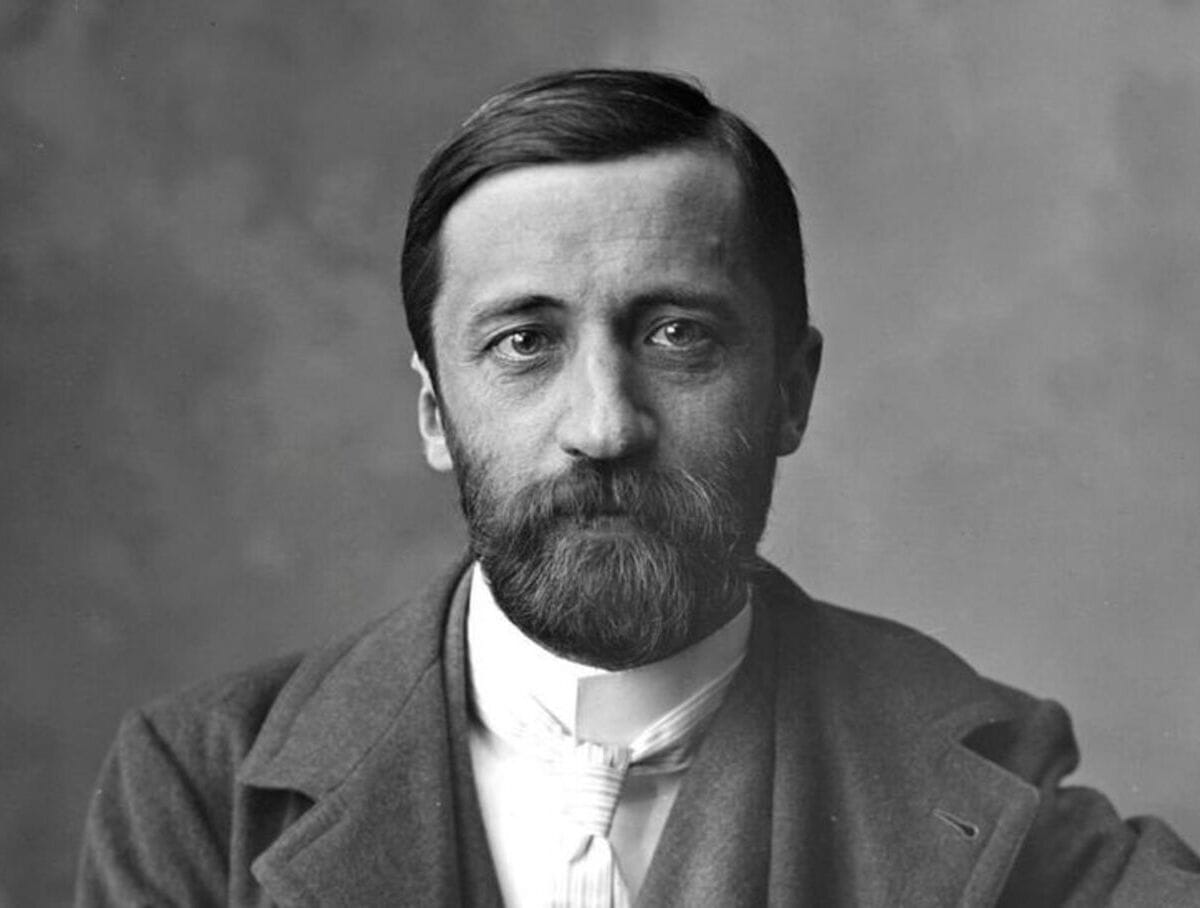In March 2024, a poem attributed to Dmitry Merezhkovsky began to spread on social networks. It is presented as prophetic: the text mentions the “two thousand” years, when the ruler elected to the throne will defeat the West, the “overseas Satan” and “bloodthirsty Europe.” We decided to check whether Merezhkovsky wrote such poems.
In the spring, when the streams open
And the waters will fill the rivers,
In the distant time of two thousand
Russia will defeat the West!
Her fate will then be decided by the ruler,
In heaven, chosen by God to the throne,
As once in Israel, the Baptist
The people have been brought to deliverance!
On March 4, a poem beginning with these lines was published in her Telegram channel by a member of the Federation Council of the Russian Federation from the annexed Crimea Olga Kovitidi. Mention of the work indicating the authorship of Merezhkovsky is found in many social networks: “VKontakte", LiveJournal, X (formerly Twitter), Facebook and on the platform "Zen"
The work of Dmitry Merezhkovsky - poet, prose writer, philosopher and publicist - has been well studied. A poem about Russia's victory over the West, which went viral on social networks, dates back to 1886. At that time, Merezhkovsky was already known as a writer; his first poetic experiments were published in 1883 by the journal Otechestvennye zapiski. However, there is no viral work in any of the collected works - not in multi-volume 1914, neither in subsequent editions.
The poem posted on social networks contains many details that raise doubts about Merezhkovsky’s authorship. Firstly, this is the topic itself: civil lyrics were unusual for the poet during this period; his poems of 1883–1887 are devoted to loneliness, comprehension of the existence and purpose of humanity. Secondly, the poem being distributed contains many spelling errors (for example, “it will be called”) and lexical inconsistencies (for example, “banquets” next to the word “feasts”).
No references to the poem could be found before March 3, 2024. On this day it appeared on the website “Stihi.ru” on the author’s page Anatoly Hesse. Now recording deleted but preserved discussion, and with comments from Hesse himself. The chronology is as follows: on March 3, he published the poem “In the spring, when the streams open,” signing the text with the name of Merezhkovsky. On the same page, Hesse posted his poetic response from the “2000s,” in which he noted the prophetic gift of the Silver Age poet. On March 4, the work began to circulate on the Internet, and already on March 5, Hesse changed the signature to “unknown author.”

In a comment on the website “Stihi.ru” dated March 7, he once again repeats that he was mistaken.

And on March 8, the poem was removed from his page.
At the same time, the version about the unknown author is also not confirmed, since, as indicated above, earlier “Verified” publications could not be found. With a high degree of probability, Anatoly Hesse is that unknown author.
This is not the first such “prophetic” poem attributed to a famous poet. Earlier, poems allegedly written by Pushkin about quarantine and about admiration for Europe, Agniei Barto about Medvedev and Taras Shevchenko about Ukrainians. And each time it turned out that the real authors are modern bloggers.
Cover photo: Wikipedia Commons
- Is it true that Pushkin is the author of the poem “The Eternal Lackeys of Europe...”?
- Is it true that Pushkin wrote a poem about quarantine that became popular in the spring of 2020?
- Did Pushkin write that the tsar’s motto is “Steal and lie”?
If you find a spelling or grammatical error, please let us know by highlighting the error text and clicking Ctrl+Enter.






